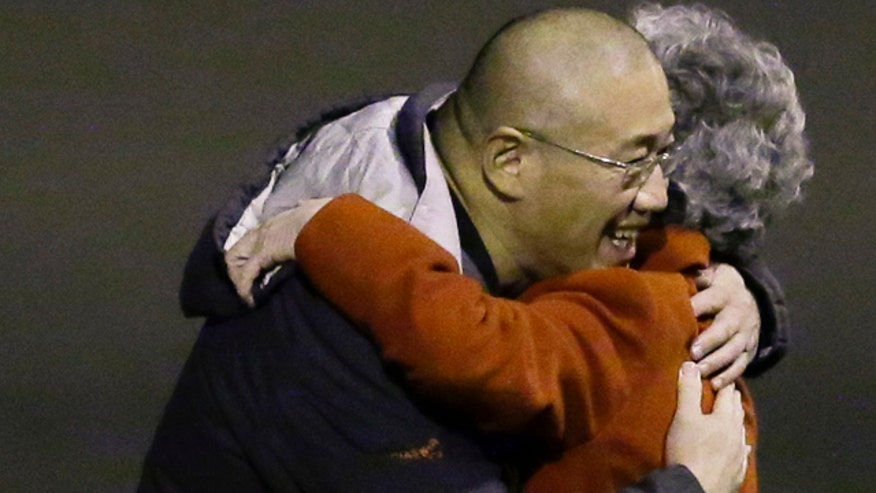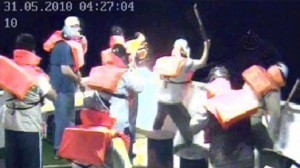By Lyndsey Kelly
Impunity Watch Reporter, North America
WASHINGTON, D.C., United States of America – North Korean leader Kim Jong Un unexpectedly ordered the release of two American citizens who spent months imprisoned in North Korea this weekend. Kenneth Bae and Matthew Miller were let free following a rare visit to North Korea from a top U.S. official. The Director of National Intelligence, James Clapper, carried with him a letter from President Barack Obama when meeting with North Koran security officials.

Clapper is the highest-ranking U.S. official to visit Pyongyang in over a decade. As Director of National Intelligence, Clapper oversees the CIA and 15 other intelligence agencies, making his direct involvement in the release of the American citizens surprising. Such missions are normally reserved for diplomatic officials. Clapper went to North Korea with the sole purpose of bringing home both Bae and Miller, and not with the purpose of any other negotiations. Clapper returned to the U.S. on a plane carrying Bae and Miller this past weekend.
Bae, a Koran-American missionary, who was serving a 15-year sentence for alleged anti-government activities, was arrested in November 2012. Due to his failing health condition, the State Department as repeatedly called for his release. Miller, who was jailed on charges of espionage after allegedly tearing apart his passport and demanding asylum, was serving a six-year term. The North Koran government contended that Miller secretly planned to be arrested so as to investigate North Korea’s human rights situation. Bae and Miller were the last Americans held by North Korea.
A U.S. official told CNN that Washington believes Pyongyang reached out to the U.S. to show that it had the power to get a Cabinet-level official to visit the country, which would solidify Kim’s power. Other analysts who study North Korea claim the decision to free the Americans “was a bid by the country to ease pressure in connection with its human rights record.” U.N. Secretary-General, Ban Ki-Moon, has welcomed the release, especially in the wake of a recent United Nations report which documented rape, torture, executions and forced labor in the prison camps, accusing the North Korean government of gross human rights violations. The Secretary-General’s office stated, “The Secretary-General hopes that this positive momentum for improving relations among the concerned parties for peace and security on the Korean Peninsula and beyond will be built on.”
For more information, please see the following:
CNN – Two Americans Freed By North Korea Arrive Back in U.S., Reunited With Families – 10 Nov. 2014.
FOX NEWS – Americans released From North Korean Captivity Back On US Soil – 9 Nov. 2014.
REUTERS – Two American Feed by North Korea Are On Their Way Home – 8 Nov. 2014.
USA TODAY – 2 Americans Held Captive In North Korea Arrive Home – 9 Nov. 2014.

